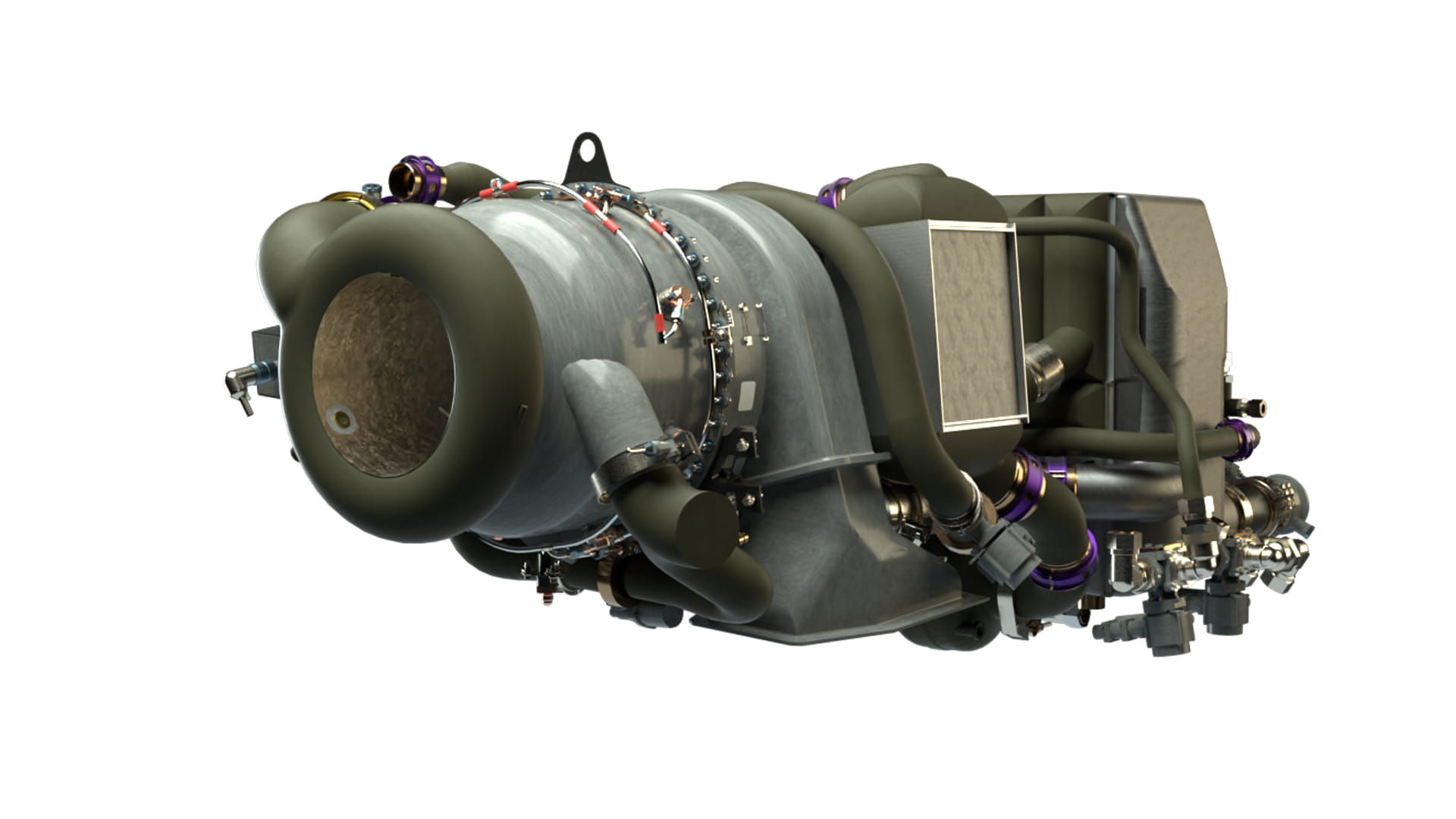The F-35’s powerful engine and advanced electronics generate too much heat for its cooling system – TMS (Thermal Management System). This can lead to overheating, reduced performance, and even the grounding of the aircraft.
Despite significant challenges with the F-35’s Thermal Management System (TMS), strides are being made to overcome them.
Advancing F-35 Thermal Management: Collins Aerospace’s EPACS Breakthrough
Raytheon Technologies’ Collins Aerospace has successfully demonstrated its Enhanced Power and Cooling System (EPACS) to replace the current thermal management system onboard the F-35. EPACS will double the cooling capacity and keep this advanced jet ready for action.
Throughout the trial, the Enhanced Power and Cooling System (EPACS) underwent rigorous testing across various operational scenarios, aimed at bolstering support for future missions. The successful attainment of the EPACS’s 80 kW cooling capacity marks a pivotal milestone in expediting F-35 combat capabilities.
This technology emerged in response to a recommendation from the US Government Accountability Office, prompted by the discovery that the current generator on the F-35 was operating beyond its designated capacity. This situation led to increased lifecycle expenses for the program, underscoring the importance of addressing this issue to ensure significant cost savings for taxpayers.







